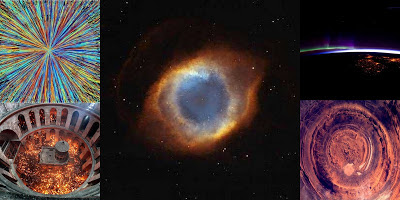Blaise Pascal’s Thoughts on "The
Man Who Found God" is a philosophical abstract that explores the search
for God and the limitations of human understanding. The author criticizes
philosophers who attempt to prove the existence of God through rational
arguments based on nature. They argue that such proofs are ineffective for
those lacking faith and grace, and that only through Jesus Christ can one truly
partake in God. The abstract discusses the dissatisfaction and unhappiness of
atheists, emphasizing their inability to comprehend the truth or even doubt it.
It delves into the human desire for happiness and the futile attempts to find
it without faith in God. The author argues that true happiness can only be
found in something infinite and unchanging, which is the Lord God. The abstract
also touches on various philosophical sects and their perspectives on the
highest good. It criticizes philosophers who believe in God but fail to
recognize Jesus Christ, highlighting their desire for universal love and
reverence without genuinely loving and honoring God. The abstract further
examines Pyrrhonism and its role in questioning and curing vainglory. It also ponders
on the nature of humanity and the vast difference between humans, God, and
animals, suggesting that humans have strayed from their original place and are
in a restless state of searching. Overall, the abstract explores the
limitations of human understanding and the necessity of faith in the search for
God and true happiness.




